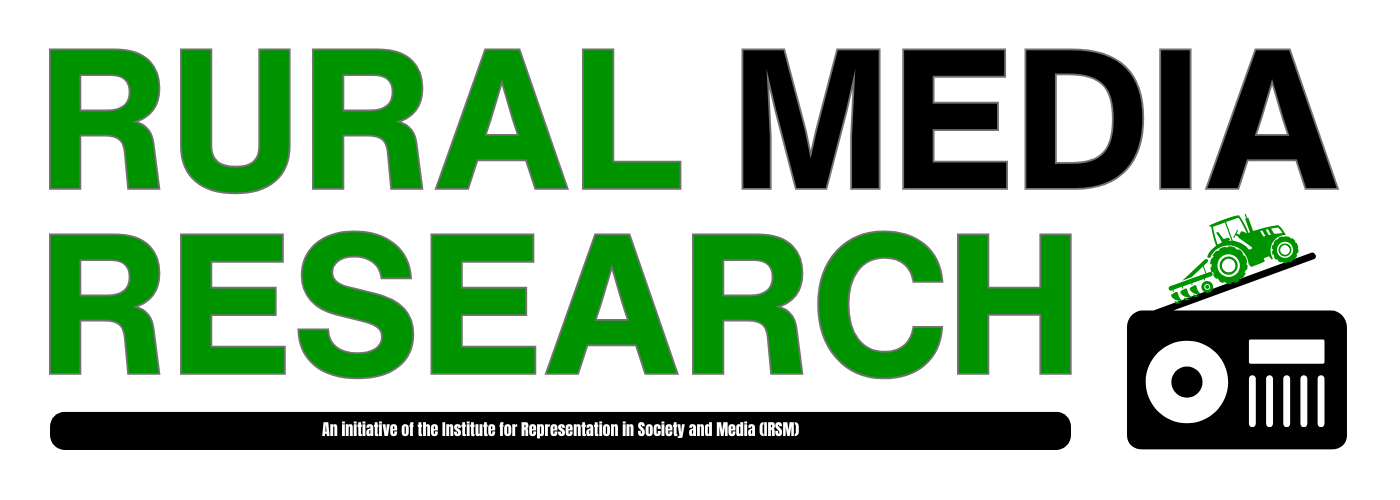From time to time, content from other sources is shared via this site in an effort to present a wider variety of information and perspectives. This post consists of this type of content. Specifically, this article is republished from the Daily Yonder under a Creative Commons license.
Does AI Change How We Talk About Rural?
Editor’s Note: This article was originally published in Keep It Rural, an email newsletter from the Daily Yonder. Like what you see? Join the mailing list for more rural news, thoughts, and analysis in your inbox each week.
About a month ago, I was doing research for a story about school choice on multiple state ballots when I came across something that stopped me in my tracks.
Unless you’re living under a rock, you’ve probably noticed that Google Search has started integrating AI into their search results – summing up the answer to your question in a few paragraphs at the top of the page. While it does have links to citations, if you’re looking for a quick answer, you may be happy just skimming the AI overview and never clicking on the websites cited.
As a journalist, this is more than a little unsettling. Not only are readers never even making it onto a website where they might get more context, but sometimes the information AI presents as fact is just plain wrong.
While looking into school choice and the ways it affects rural communities, I came across some very interesting Google AI Overview results.

As you can see in this screenshot, the Google AI Overview has an incredibly positive view of school choice for rural communities. And yet, while interviewing policy experts and talking to people in my rural community, I was hearing the opposite. School choice can often mean no choice for rural families, simply because there are often no options to choose from in rural areas.
Looking at where Google AI sourced its summaries gave me even more reason to pause. The Heritage Foundation is a conservative think-tank currently best known for publishing Project 2025. Reason Foundation is a libertarian think-tank funded by the Koch brothers as recently as 2021.
This is the sort of search result that you might take at face value, and that’s what makes it even more concerning. Someone living in a rural community in Kentucky, looking for information about how school choice – which was on their ballot – affects their community, would get this information. And if you’re in a hurry or don’t have the desire to dig any deeper, this neat, concise, biased list might sway your vote.
Interestingly, when I did the same Google search for this newsletter approximately a month later, things had changed.

That’s an incredibly different result for the same Google search! Now, Google gives both potential negative and potential positive impacts on rural schools. And see what’s different about those citations? The school choice explainer story that Lane Wendell Fischer and I wrote right before the election seems to have directly informed this new result, right alongside material from the Heritage Foundation.
If anything, this is empirical evidence that our reporting here at the Daily Yonder matters – it counterbalances the rural narratives that conservative policy organizations are putting out. Of course, that’s only if Google AI pulls from diverse sources. Why they choose to cite one website over another is still a mystery to me.
AI has been in the news lately because some news outlets are suing AI companies like OpenAI for breaching copyright and scraping information from reporting. Before seeing these two drastically different search results, I would have probably said I strongly agree that AI should not be stealing information and getting credit. But now, I’m starting to think that if people are going to be using AI summary tools, which they will, it’s more important for the information to be nuanced and factual. And if this means letting AI summarize my reporting to give a fuller picture of a complicated topic, I’m, strangely, for it.
With the intersection of AI and rural on my mind, I asked Canva’s AI to make me a picture of rural America. It was no real surprise when the generated images all contained rolling green hills and red barns.

At least the result for rural communities included a few more people, although I’m not sure that a group of faceless children dancing(?) in a field is particularly representative of my rural community.
These results do nothing to contradict the stereotype of pastoral, agricultural communities as the one-and-only rural America.
Rural America is complex. It’s more than just red barns in grassy fields. It’s more than agriculture and “happy” little hamlets. Rural America has thriving businesses and diverse economies, and if my colleagues and I do our jobs right (and the AI overlords are benevolent), maybe we can work these nuances into the general rural discourse, too.
This article first appeared on The Daily Yonder and is republished here under a Creative Commons license.![]()

